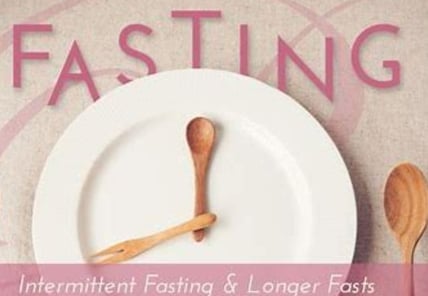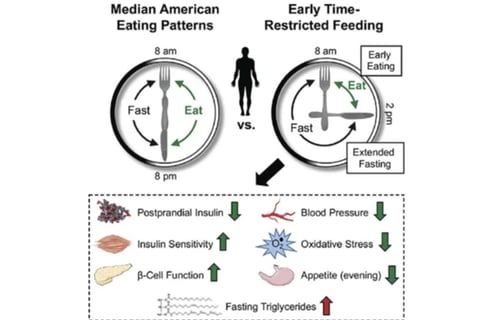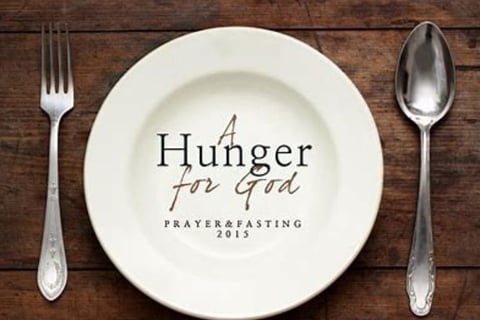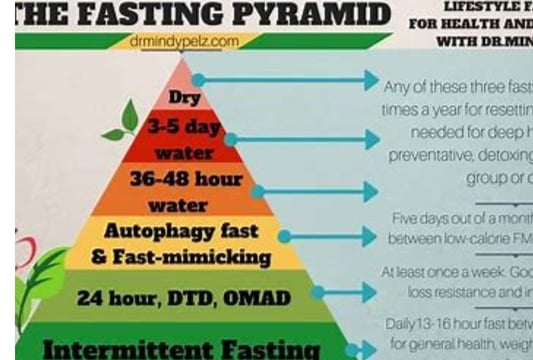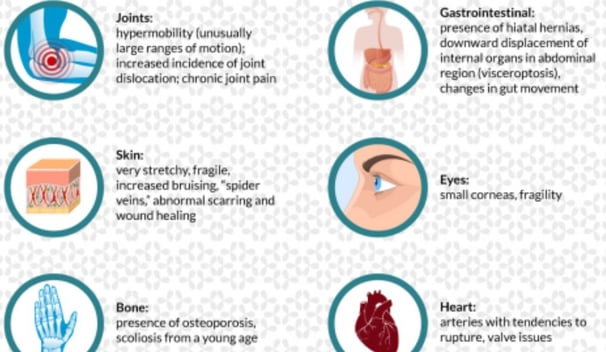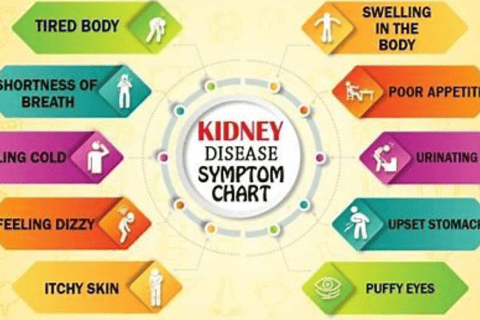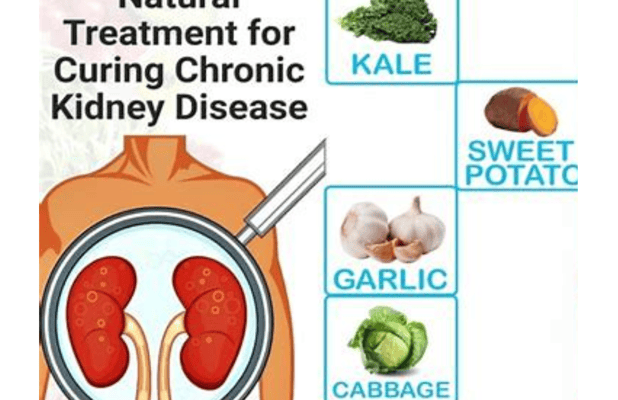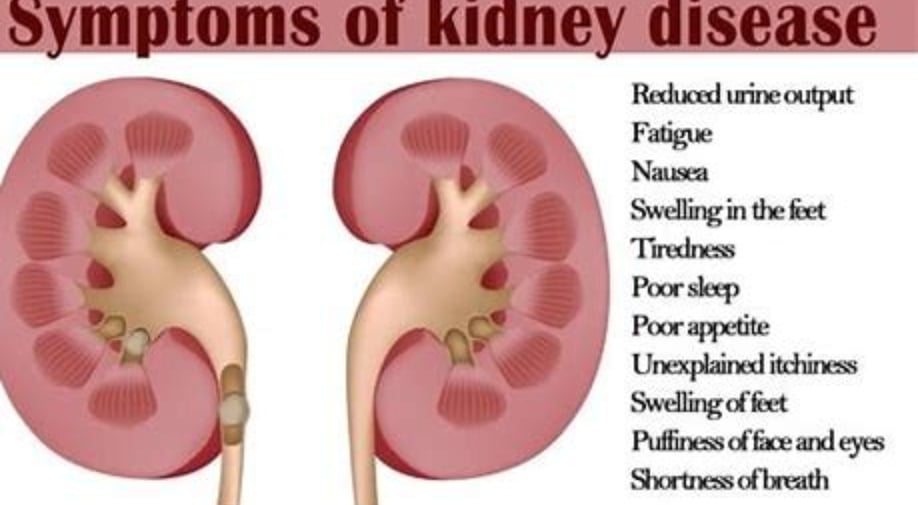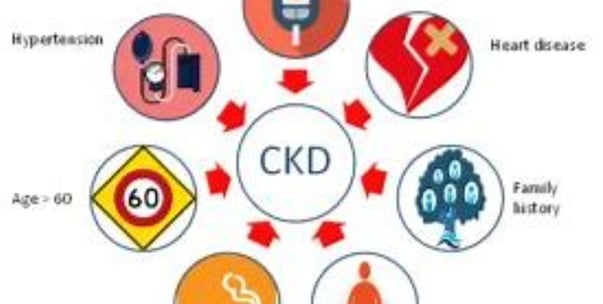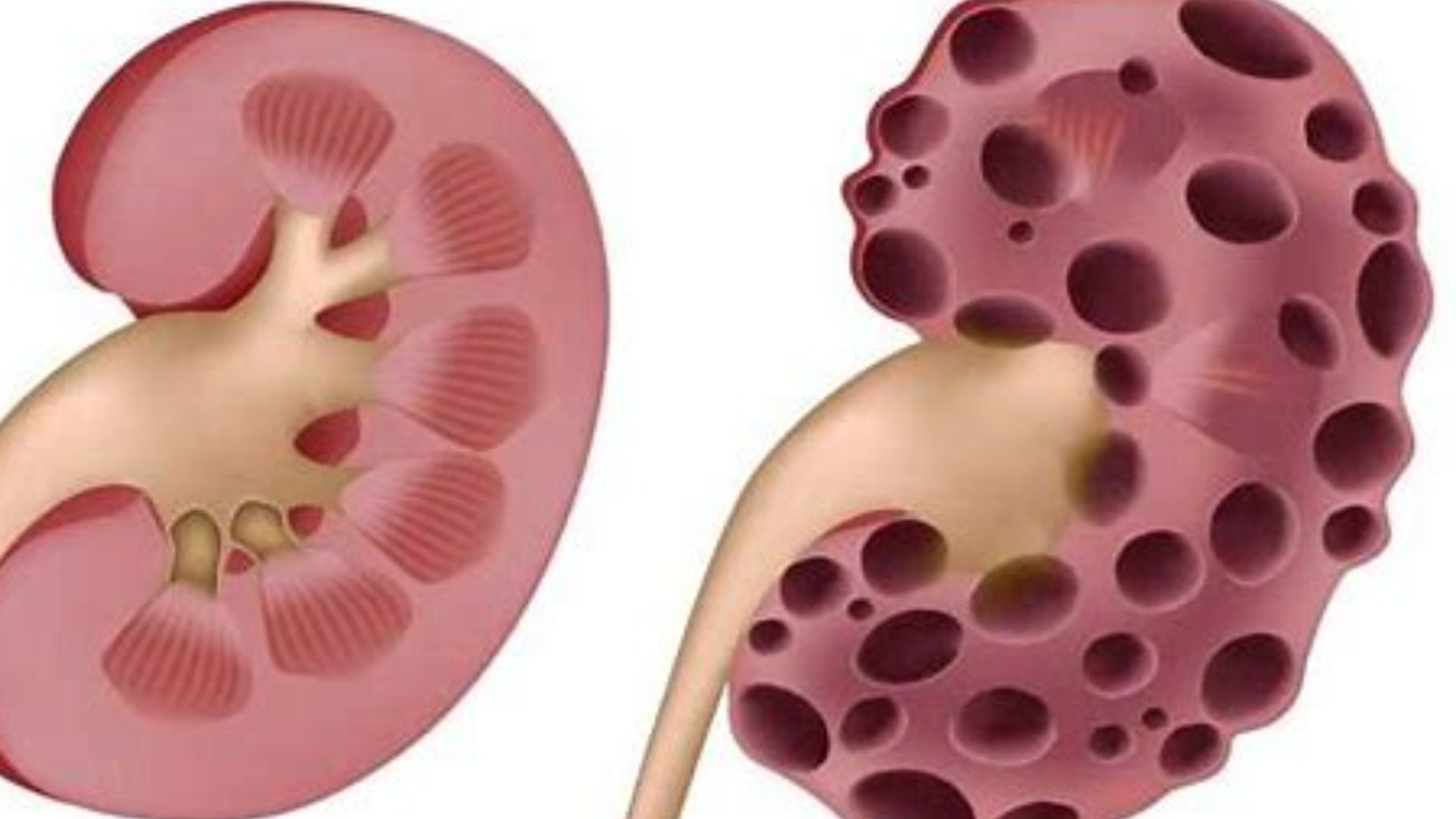
Kidney Disease : Fasting
Learn about the causes and symptoms of kidney disease, including end stage kidney failure. Discover how Islamic fasting during Ramadan can help improve blood sugar control and reduce inflammation. ...
GENERAL
Dr Hassan Al Warraqi


Understanding Kidney Disease : Islamic Fasting
is a condition in which the kidneys are damaged and cannot filter blood as well as they should.
This can lead to a buildup of waste products in the blood, which can be harmful to the body.
There are two main types of kidney disease: acute kidney injury and chronic kidney disease (CKD).
Acute kidney injury is a sudden loss of kidney function that can be caused by a number of things, such as infection, injury, or certain medications.
Chronic kidney disease is a gradual loss of kidney function that occurs over time. It is the most common type of kidney disease and is often caused by diabetes or high blood pressure or chronic use of medicine.
Kidney disease can cause a number of symptoms:
Fatigue
Shortness of breath
Swelling in the feet and ankles
Decreased urine output
Dark-colored urine
Foamy urine
High blood pressure
Back pain
Loss of appetite
Nausea and vomiting
There is no cure for kidney disease,
but there are treatments that can help to slow the progression of the disease and improve the quality of life.
Treatment options vary depending on the type and severity of the kidney disease.
Treatment options for kidney disease include:
Medications: Medications can be used to control blood pressure, cholesterol levels, and blood sugar levels. They can also be used to treat anemia and other complications of kidney disease.
Diet and exercise: A healthy diet and regular exercise can help to slow the progression of kidney disease and improve overall health.
Dialysis: Dialysis is a treatment that filters waste products from the blood when the kidneys are no longer able to do so.
Kidney transplant: A kidney transplant is a surgical procedure to replace a damaged kidney with a healthy kidney from a donor.
If you have kidney disease, it is important to work with your doctor to develop a treatment plan that is right for you.
Here are some tips for living with kidney disease:
Follow your doctor's treatment plan carefully.
Take all of your medications as prescribed.
Eat a healthy diet.
End-stage kidney failure (ESKF), also known as end-stage renal disease (ESRD),
is the final stage of chronic kidney disease (CKD). It occurs when the kidneys are no longer able to function properly and cannot filter waste products from the blood.
ESKF is a serious condition that can be life-threatening. However, there are treatments available that can help to prolong life and improve quality of life.
ESKF can be caused by a number of things :
* Diabetes
* High blood pressure
* Glomerulonephritis (inflammation of the kidneys)
* Interstitial nephritis (inflammation of the tubules of the kidneys)
* Polycystic kidney disease
* Chronic kidney infections
* Chronic kidney stones
Symptoms of ESKF can include:
* Fatigue
* Shortness of breath
* Swelling in the feet and ankles
* Decreased urine output
* Dark-colored urine
* Foamy urine
* High blood pressure
* Back pain
* Loss of appetite
* Nausea and vomiting
* Confusion
* Seizures
If you have any of these symptoms, it is important to see a doctor right away.
Treatment options include:
*Dialysis:** Dialysis is a treatment that filters waste products from the blood when the kidneys are no longer able to do so. There are two main types of dialysis: hemodialysis and peritoneal dialysis.
*Kidney transplant:** A kidney transplant is a surgical procedure to replace a damaged kidney with a healthy kidney from a donor.
If you have ESKF, it is important to work with your doctor to develop a treatment plan that is right for you.
Here are some tips for living with ESRF:
* Follow your doctor's treatment plan carefully.
* Take all of your medications as prescribed.
* Eat a healthy diet.
* Get enough sleep.
* Manage stress.
* See your doctor regularly for checkups.
If you have any questions or concerns about ESRF, please talk to your doctor.Exercise regularly.
Get enough sleep.
Manage stress.
See your doctor regularly for checkups.
fasting in ESRF
Fasting in end-stage renal disease (ESRF) is a complex issue, and there is no one-size-fits-all answer.
Some people with ESRF may be able to fast safely, while others should not fast.
It is important to talk to your doctor before fasting if you have ESRF.
There are a few potential risks associated with fasting in ESRF, including:
Dehydration: Fasting can lead to dehydration, which can be dangerous for people with ESRF.
Electrolyte imbalances: Fasting can also lead to electrolyte imbalances, such as low potassium or high sodium levels. This can be dangerous for people with ESRF, as they may already have electrolyte imbalances.
Worsening kidney function: Fasting can also worsen kidney function in some people with ESRF.
However, there is also some evidence to suggest that fasting may have some benefits for people with ESRF. For example, fasting has been shown to improve blood sugar control and reduce inflammation.
If you are considering fasting and you have ESRF, it is important to talk to your doctor first. They will be able to assess your individual risk factors and help you to develop a safe fasting plan.
Here are some tips for fasting safely if you have ESRF:
Start slowly. If you are new to fasting, start with a short fast, such as 12 hours. Gradually increase the length of your fasts as you become more comfortable.
Stay hydrated. Drink plenty of fluids while fasting. Water is best, but you can also drink unsweetened tea or coffee.
Monitor your blood sugar levels closely. If you have diabetes, it is important to Monitor your blood sugar levels closely while fasting.
Listen to your body. If you feel lightheaded, dizzy, or unwell, break your fast.
If you have any questions or concerns about fasting in ESRF, please talk to your doctor.
Islamic fasting in ESRF
The longest duration of compulsory fasting in Islamic fasting
most of the patient report safely fasting Ramadan .
slowly start or even intermittent fast
if fast on the other day 3-4 days a week
after you start fasting for few month you will see benefit on routine lab test
we in this situation discuss the medicine you receive
keywords
acute , chronic kidney, disease, Islamic ,fasting, Ramadan, ESRF, ESRD , ckd ,improve blood sugar control . reduce inflammation,Islamic fasting in ESRF ,decrease symptoms,
Kidney Diseases and Fasting
This article aims to provide an in-depth exploration of kidney diseases and fasting, focusing on the medical and religious considerations for kidney patients during Ramadan.
Drawing from reliable medical sources, Islamic rulings, and scholarly studies, it offers accurate and practical guidance to ensure safe fasting while prioritizing health.
Objectives
Provide practical advice for kidney patients wishing to fast during Ramadan.
Clarify the impact of fasting on various kidney conditions, including kidney stones, chronic kidney disease, kidney failure, dialysis, and kidney transplants.
Outline Islamic rulings related to fasting, purity, and prayer for kidney patients, including the permissibility of treatment and dialysis.
Emphasize the importance of consulting a doctor before deciding to fast.
Executive Summary
The decision to fast for kidney patients hinges on their health status, the type of kidney disease, and medical advice.
Fasting may be safe for some, such as those with kidney stones, provided they follow strict guidelines.
However, for patients with advanced chronic kidney disease or kidney failure, fasting can pose significant risks due to dehydration or imbalances in fluids and electrolytes.
From an Islamic perspective, exemptions from fasting are available for those with health risks, with options to make up missed days or pay fidyah (compensation) depending on the condition.
Key Topics
1. Importance of Consulting a Specialist
Why a doctor? Fasting decisions require a thorough evaluation of the patient’s condition, including the type of kidney disease, glomerular filtration rate (GFR), and medication regimen.
Supporting sources:
“Kidney patients must not fast without the approval of their treating physician, who assesses the type of kidney disease and kidney function”
“Consulting a doctor is essential to adjust medication doses if fasting is permitted” .
“A doctor’s consultation is a critical step to determine fasting feasibility” .
2. Impact of Fasting on Kidneys: Dehydration Risks
Dehydration as a key concern: Fasting can reduce bodily fluids, negatively affecting kidney function, especially in advanced cases.
Medical insights:
“Dehydration from fasting may cause acute harm to kidney function” .
“Fasting can strain kidneys due to changes in fluid and salt intake” .
“Kidney patients are prone to low water levels, making fasting challenging without medical advice” .
3. Kidney Stone Patients and Fasting
Is fasting safe? Most kidney stone patients can fast if they consume 2-3 liters of water between iftar and suhoor.
Dietary tips:
Avoid diuretics (e.g., coffee, tea).
Reduce oxalate-rich foods (e.g., spinach) and excessive calcium.
Control protein intake to prevent stone formation.
Sources:
“Drinking ample water helps flush out small stones” .
“Avoiding foods that increase deposits is crucial for stone patients”
4. Chronic Kidney Disease and Kidney Failure
Case-by-case evaluation:
Early stages (1-2) may allow fasting.
Advanced stages (3 and above, GFR below 30 ml/min) often discourage fasting.
Risks:
“Fasting may worsen chronic kidney disease due to fluid loss”
“Kidney failure makes fasting hazardous”
Disease stages:
Stage 5 (GFR below 15 ml/min) is kidney failure, where fasting is typically prohibited.
5. Dialysis Patients and Fasting
Permitted fasting:
Dialysis patients may fast on non-dialysis days with a doctor’s approval.
Fasting is prohibited on dialysis days due to intravenous fluids that break the fast.
Islamic rulings:
“Hemodialysis breaks the fast, similar to cupping” .
“Peritoneal dialysis breaks the fast due to nutrient-containing solutions” .
Sources:
“Fasting on dialysis days is not permissible” .
6. Kidney Transplant Patients and Fasting
Conditions:
Fasting may be possible one year post-transplant if the new kidney is stable and compatible.
Requires close monitoring and taking immunosuppressants during iftar and suhoor.
Risks:
If the transplant is unstable, fasting may harm the kidney.
Sources:
“Fasting is feasible post-transplant with medical approval” .
7. Islamic Rulings for Kidney Patients
Ruling on treatment:
Preferred view: Recommended
Other views: Permissible , or obligatory if beneficial .
Dialysis and ablution (wudu):
Hemodialysis: Breaks wudu due to significant blood extraction.
Peritoneal dialysis: Breaks wudu due to an opening for urine drainage.
Fasting and dialysis:
Both hemodialysis and peritoneal dialysis break the fast due to fluids or blood extraction.
Combining prayers:
Permissible for patients if performing each prayer on time is burdensome, reflecting Islamic leniency.
8. Tips for Kidney Patients Fasting
Assuming medical approval, key recommendations include:
Hydration: Drink 2-3 liters of water, distributed between iftar and suhoor.
Medications: Adhere to prescribed doses, adjusting timings with a doctor’s guidance.
Diet:
Follow a balanced diet.
Limit protein, sodium, and phosphorus.
Avoid oxalate-rich foods.
Avoid strain: Minimize physical exertion and heat exposure.
Monitoring: Watch for symptoms like swelling or breathing difficulty and contact a doctor if they arise.
9. When Is Breaking the Fast Permissible?
Breaking the fast is allowed if fasting causes significant hardship, confirmed by medical advice or experience.
Making up days: Required for temporary illnesses after recovery.
Fidyah: For chronic, incurable conditions, feed a poor person per missed day (a measure of staple food).
Breastfeeding mothers: May break the fast if it’s burdensome due to kidney issues or nursing, making up days later.
Conclusion and Recommendations
Fasting for kidney patients requires balancing religious commitment with health preservation.
Consulting a doctor is the critical first step to assess fasting suitability.
If approved, patients must adhere to strict medical and dietary guidelines to avoid complications.
If fasting poses risks, Islamic law permits breaking the fast with provisions for making up days or paying fidyah, reflecting the faith’s compassion and flexibility.
SEO Keywords
Kidney diseases and fasting, Ramadan fasting for kidney patients , Kidney stones and fasting , Kidney failure and fasting , Dialysis and fasting ,Kidney transplant and fasting, Islamic rulings for kidney patients, Dietary tips for kidney ,patients in Ramadan,
FAQ on Kidney Diseases and Fasting
This FAQ guide addresses the most common questions about kidney diseases and fasting,
providing in-depth medical and Islamic guidance for kidney patients during Ramadan.
Drawing from trusted medical sources and Islamic rulings, it offers practical advice to ensure safe fasting while prioritizing health.
Optimized with SEO keywords, this guide helps users easily access reliable information.
1. What are the key general tips for kidney patients during Ramadan fasting?
Answer:
Doctor’s consultation is essential: All kidney patients, regardless of their condition, must consult a specialist before fasting to confirm its medical safety.
Prevent dehydration: Drink 2-3 liters of fluids daily between iftar and suhoor to maintain kidney function and avoid dehydration, a major risk for kidney patients.
Stick to medications: Continue taking prescribed drugs (e.g., for blood pressure or diuretics) as directed, adjusting timings with a doctor’s advice if necessary.
Balanced diet: Follow a diet low in protein and sodium, avoiding foods that stress the kidneys.
Limit exertion: Avoid heat exposure and intense physical activity during the day to prevent fatigue or symptom worsening.
SEO Keywords: Tips for kidney patients fasting, Ramadan fasting with kidney disease, Safe fasting for kidney patients.
2. Does fasting pose a risk to patients with kidney stones? What are the recommendations?
Answer:
Fasting safety: For most kidney stone patients, fasting is generally safe if properly managed.
Recommendations:
Stay hydrated: Consume 2-3 liters of water between iftar and suhoor to prevent salt accumulation and stone formation.
Avoid diuretics: Skip caffeinated beverages (e.g., coffee, tea) as they promote urination and increase dehydration risk.
Dietary care: Limit oxalate-rich foods (e.g., spinach, chocolate), excessive calcium, and moderate protein to reduce stone-forming deposits
.
Reduce strain: Minimize sun exposure and heavy physical activity during the day.
Medications: Adhere to prescribed treatments, such as stone-dissolving drugs, consulting the doctor to adjust schedules.
Monitoring: Watch for signs like lower back pain or urine changes, and seek medical attention immediately if they occur.
SEO Keywords: Kidney stones and fasting, Tips for kidney stone patients in Ramadan, Safe fasting with kidney stones.
3. How does fasting affect patients with chronic kidney disease and kidney failure?
Answer:
Mild chronic kidney disease: In early stages (1-2, GFR above 60 ml/min), fasting may be safe for some with medical approval and strict adherence to guidelines.
Advanced chronic kidney disease and kidney failure: In later stages (3 and above, GFR below 30 ml/min) or kidney failure (stage 5, GFR below 15 ml/min), fasting is often risky due to:
Dehydration: Fluid loss can exacerbate kidney damage.
Electrolyte imbalances: Fasting may disrupt potassium or sodium levels.
Toxin accumulation: Impaired kidneys struggle to clear waste during fasting.
Doctor’s guidance: The decision rests on the doctor’s evaluation of disease severity, medications, and kidney function. In advanced cases, breaking the fast is usually recommended to avoid complications.
SEO Keywords: Chronic kidney disease and fasting, Kidney failure and Ramadan, Effects of fasting on kidney patients.
4. What is the Islamic ruling on fasting for dialysis patients in Ramadan?
Answer:
Permitted fasting: Dialysis patients may fast on days without dialysis sessions (hemodialysis or peritoneal), but only with a doctor’s approval based on health stability.
Prohibited fasting: Fasting is not allowed on dialysis days because:
Intravenous fluids: Administered during dialysis, these act as nourishment, breaking the fast.
Blood extraction: Hemodialysis involves removing significant blood volumes, akin to cupping, which invalidates the fast.
Islamic ruling: The Permanent Committee for Fatwa in Saudi Arabia states that both hemodialysis and peritoneal dialysis break the fast.
Recommendation: If fasting is permitted on non-dialysis days, monitor symptoms closely and follow medical advice.
SEO Keywords: Dialysis and fasting, Ruling on fasting for dialysis patients, Ramadan fasting with dialysis.
5. Can kidney transplant patients fast in Ramadan?
Answer:
Possible fasting: Kidney transplant patients may fast after one year post-transplant, provided:
The transplanted kidney is stable and compatible.
Immunosuppressants are taken as scheduled (after iftar and at suhoor).
Close medical monitoring ensures stable kidney function and drug levels.
Risks in unstable cases: If the transplant is not stable, fasting may cause:
Dehydration, harming the kidney.
Disruptions in immunosuppressant levels.
Recommendation: A transplant specialist’s consultation is mandatory before fasting, with regular tests to confirm kidney health.
SEO Keywords: Kidney transplant and fasting, Fasting after kidney transplant, Tips for kidney transplant patients in Ramadan.
6. What are the main dietary precautions for kidney patients during iftar and suhoor?
Answer:
Foods to avoid or limit: Kidney patients should reduce:
Sodium: Table salt and salty foods (e.g., pickles, canned goods) burden the kidneys.
Red meat: High protein content can strain kidneys.
Oxalates: Found in spinach, tomatoes, and chocolate, they promote stone formation.
Phosphorus: Present in nuts and sodas, disrupting mineral balance.
Caffeine: Tea and coffee increase dehydration as diuretics.
Recommended diet:
Use moderate protein (e.g., chicken, eggs in small amounts).
Emphasize fresh fruits and vegetables (e.g., apples, zucchini), thoroughly cleaned to avoid excess potassium.
Drink abundant water to support kidney function.
Extra tip: Consult a dietitian for a personalized plan, especially for dialysis patients or those with advanced kidney disease.
SEO Keywords: Diet for kidney patients in Ramadan, Dietary precautions for kidney patients, Nutrition for kidney patients during fasting.
7. Does fasting increase creatinine levels in kidney patients?
Answer:
Research findings: Some studies show a slight creatinine level increase during fasting with certain lab methods (e.g., Jaffe method), while others detect no significant change.
Need for more data: Research on fasting’s effect on creatinine in kidney patients, especially across disease stages, remains limited.
Recommendation:
Monitor creatinine with regular blood tests if fasting.
Consult your doctor to evaluate your case, as dehydration or kidney strain during fasting may elevate creatinine.
Note: Rising creatinine may indicate worsening kidney function, so don’t ignore symptoms like fatigue or swelling.
SEO Keywords: Creatinine and fasting, Effect of fasting on creatinine, Kidney patients and creatinine in Ramadan.
8. What is the Islamic ruling on kidney patients breaking their fast in Ramadan?
Answer:
Breaking the fast is allowed: Kidney patients may break their fast if it causes significant hardship, verified by personal experience or a trusted doctor’s advice.
Making up days: For temporary illnesses, missed days must be made up after recovery.
Fidyah (compensation): For chronic, incurable conditions, patients break the fast and feed a poor person per missed day (a measure of staple food).
Special cases: Breastfeeding mothers with kidney issues causing fasting difficulty may break the fast and make up days later.
Islamic principle: Shariah prioritizes health, offering exemptions to prevent harm, reflecting Islam’s compassion.
SEO Keywords: Islamic ruling on breaking fast for kidney patients, Fidyah for kidney patients, Ramadan exemptions for kidney disease.
Conclusion
Fasting with kidney disease demands careful planning and professional guidance.
A doctor’s consultation is critical to ensure safety, while Islamic rulings provide flexibility for those unable to fast.
By adhering to medical and dietary advice, kidney patients can approach Ramadan confidently, balancing faith and health.
